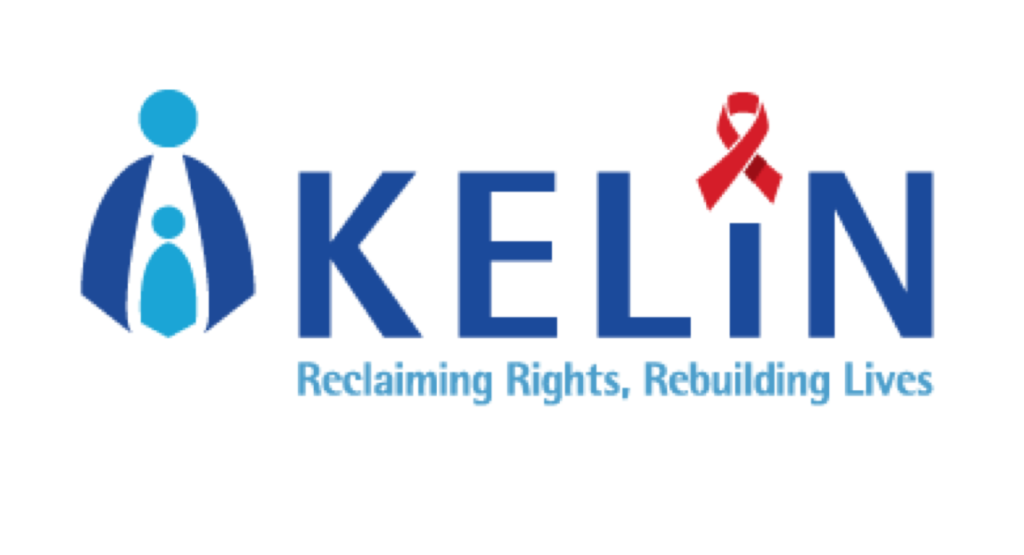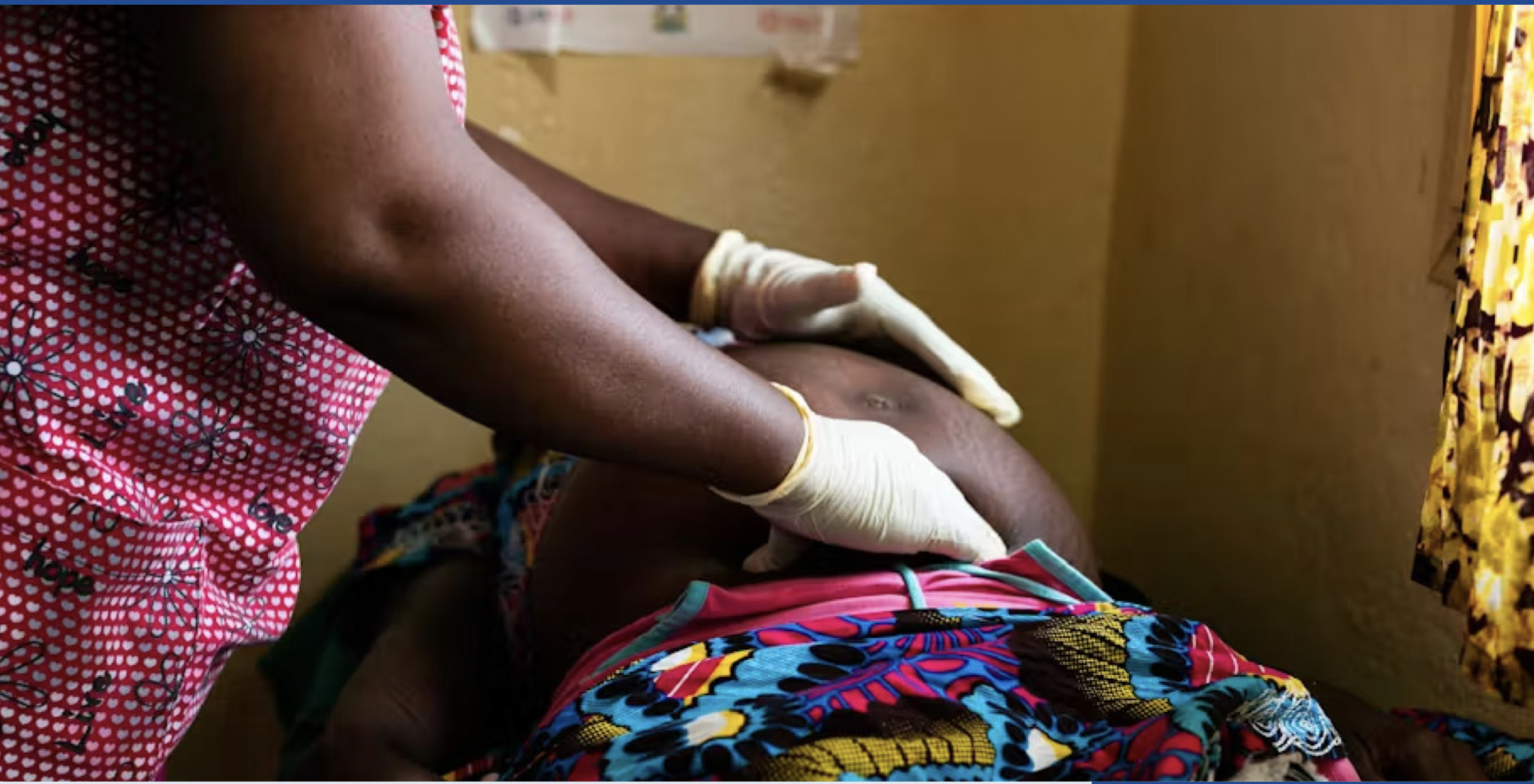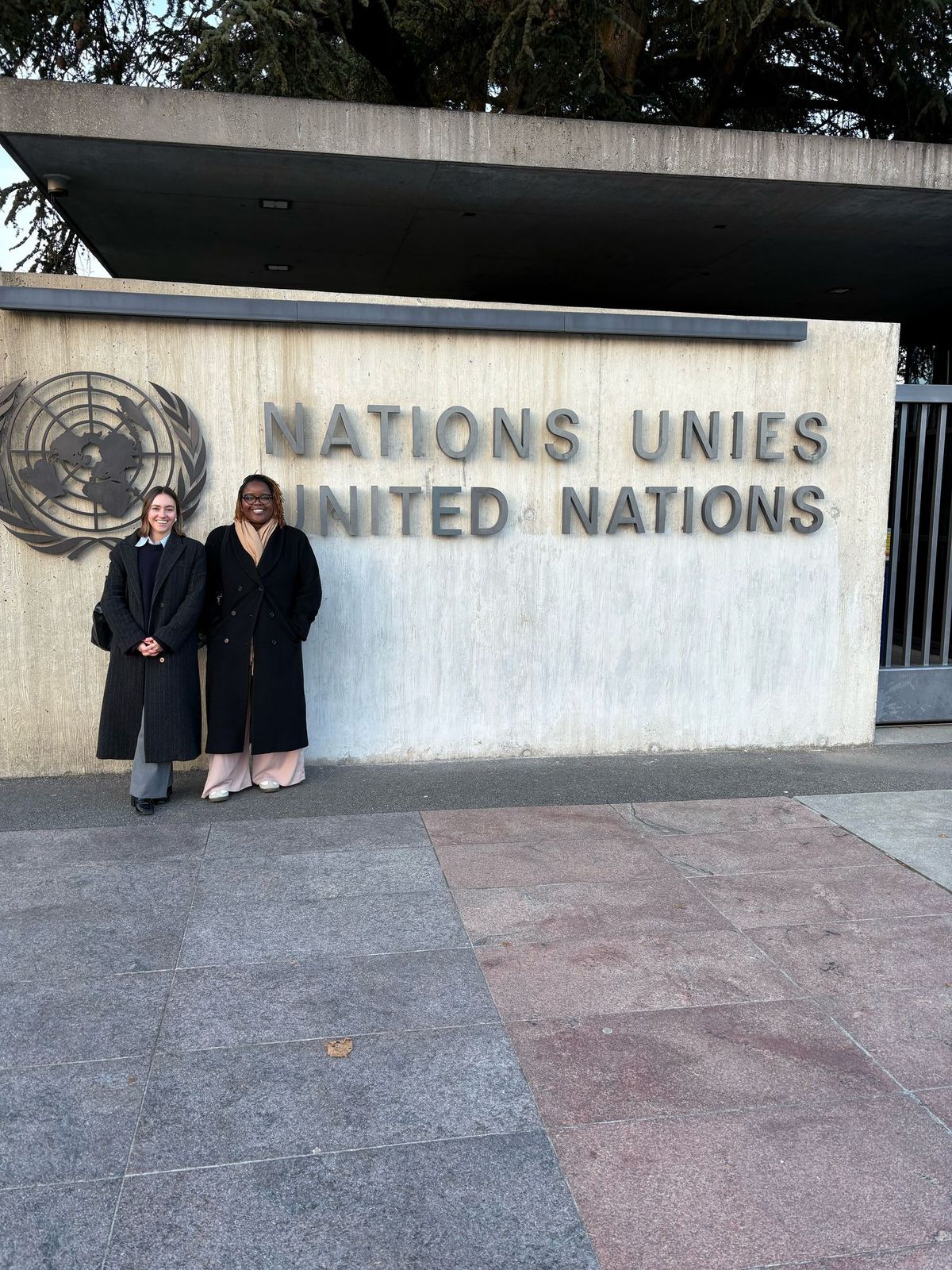In November 2015, I was roaming around Harare, the capital of Zimbabwe, in search of a hotel room when I received a text message from Sibongile Ndashe, a former lawyer at Interights who had recently founded ISLA, the Institute for Strategic Litigation in Africa. A regional non-governmental human rights organization, ISLA aims to develop jurisprudence before domestic courts, regional and international human rights systems.
Sibongile, a proud feminist, was in Harare for a meeting with lawyers and partners, on sexual and reproductive health rights litigation and strategy, ahead of the 18th International Conference on AIDS and STIs in Africa (ICASA). It was 2 o’clock in the morning and upon hearing that I was homeless, she offered to have me take her room, since she was heading to the airport in the next couple of hours.
It was great to meet again with Sibo – as many know her affectionately. We spent much of the night remembering and mourning our friend and social justice activist Joel Nana, the co-founder of AMSHeR, who had passed seven weeks earlier. Sibo had attended Joel’s burial in a small village in the Cameroonian hinterland, and was reflecting on his work and life. She was particularly concerned about the well-being and future of Joel’s niece, whom he was supporting financially. Then, in the middle of our conversation, I remember Sibo’s face brightening up and her eyes widening as she praised the new Tanzanian President, John Magufuli. “He is the new thing that Africa needs,” she told me.
She was one of those early Magufuli enthusiasts, active around the hashtag #WhatWouldMagufuliDo. A keen student of African politics myself, I listened with great interest as she spent about an hour explaining why Magufuli’s style of government signaled a positive departure from corrupt, lavish and honour-dependent African politicians. I was not surprised that Sibo would find Magufuli appealing. After all, she is a proud (South) African who grew up under apartheid, and was nurtured by the ideals of transformative, black consciousness that understands liberation as a political and social connection with and for the people. So as John Magufuli – the floor-sweeping president – styled himself the champion of the people, he could only receive acclaim from Africans such as Sibongile.
Yet, as I write these lines, Sibongile and 12 other persons are about to spend their fourth day and night in a Tanzanian jail. They have become the latest victims of a crackdown on “homosexuality”, unleashed by and condoned by Magufuli’s government. Their crime? Having convened and attended a consultation in Dar-es-Salaam between lawyers and their clients on the course of action in relation to government’s decision to limit the provision of certain health services that it had previously provided, including lubricants.
As detailed in the press release issued by ISLA and CHESA – the Tanzanian NGO that co-hosted the meeting – the ordeal started on Tuesday 17 October when the legal consultation was raided by the Tanzanian Police, and 13 people among the organisers and participants were detained. They were all granted bail though no charges were pressed against them. As a condition for the grant of bail, Sibo and her two colleagues had to surrender their passports to the Tanzanian Police. They were also directed to report to the Central Police Station on a daily basis. They religiously reported to the Central Police Station daily, duly complying with their bail condition. Then on Friday 20 October, the bails were revoked and all the 13 were taken back to jail on account of promoting homosexuality – an offence that does not exist under the laws of Tanzania. As I write they are yet to be formally charged or presented before a court of law, yet it is the requirement of the law that a person is only allowed to be detained in police custody for not more than 24 hours without either being released on police bail or being taken to court.
One may wonder what happened between November 2015 when Sibongile was praising President Magufuli, and October 2017 when Tanzanian police arrested her.
The simple yet complex answer is to be found in President Magufuli’s search for a modern vision of ujamaa (“familyhood” in Swahili). In spite of its challenges and coercive implementation, the political concept of ujamaa – coined by Tanzania’s first President Julius Nyerere – encapsulates social, economic and moral ideals of self-reliance that resonate today with President Magufuli and millions of people in Tanzania, and across Africa. The reform agenda embraced by President Magufuli to rid his country of corruption and cronyism and to obtain a fairer deal for Tanzania’s natural resources is legitimate and laudable. However, the flip side to these reform efforts has been a deteriorating human rights situation, marked by a crackdown on political and social dissent. Newspapers have been closed down, opposition leaders harassed and physically attacked, and lawyers intimidated. Easy scapegoats have been found in LGBT people, sex workers and people who use drugs. Through a combination of moralist discourse and politically expedient “Africanism”, these populations have become the focus of intense harassment and negative media campaign instigated or supported by government officials. Ultimately, such targeting of a segment of Tanzania’s population violates the core value of Nyerere’s vision of ujaama that “people care for each other’s welfare”.
Sibongile, her two colleagues and their clients – all currently in detention – cared for the welfare and health of others. They wanted to bring their concerns and those of the people they care about to the courts of Tanzania for consideration and for a fair determination. In doing so, they were not promoting homosexuality. They were only challenging the blanket denial of health services and commodities that is contrary to the right to health, and that puts people at increased risk of HIV and other sexually transmitted infections, whether they are men or women, gay or straight.
The place of these clients and lawyers is not in jail, but with their families and communities. By keeping them in detention, President Magufuli’s administration is not advancing ujaama: rather, it is breaking familyhood.




[…] Texto de Allan Machele para el Kelin Kenya traducido desde el […]